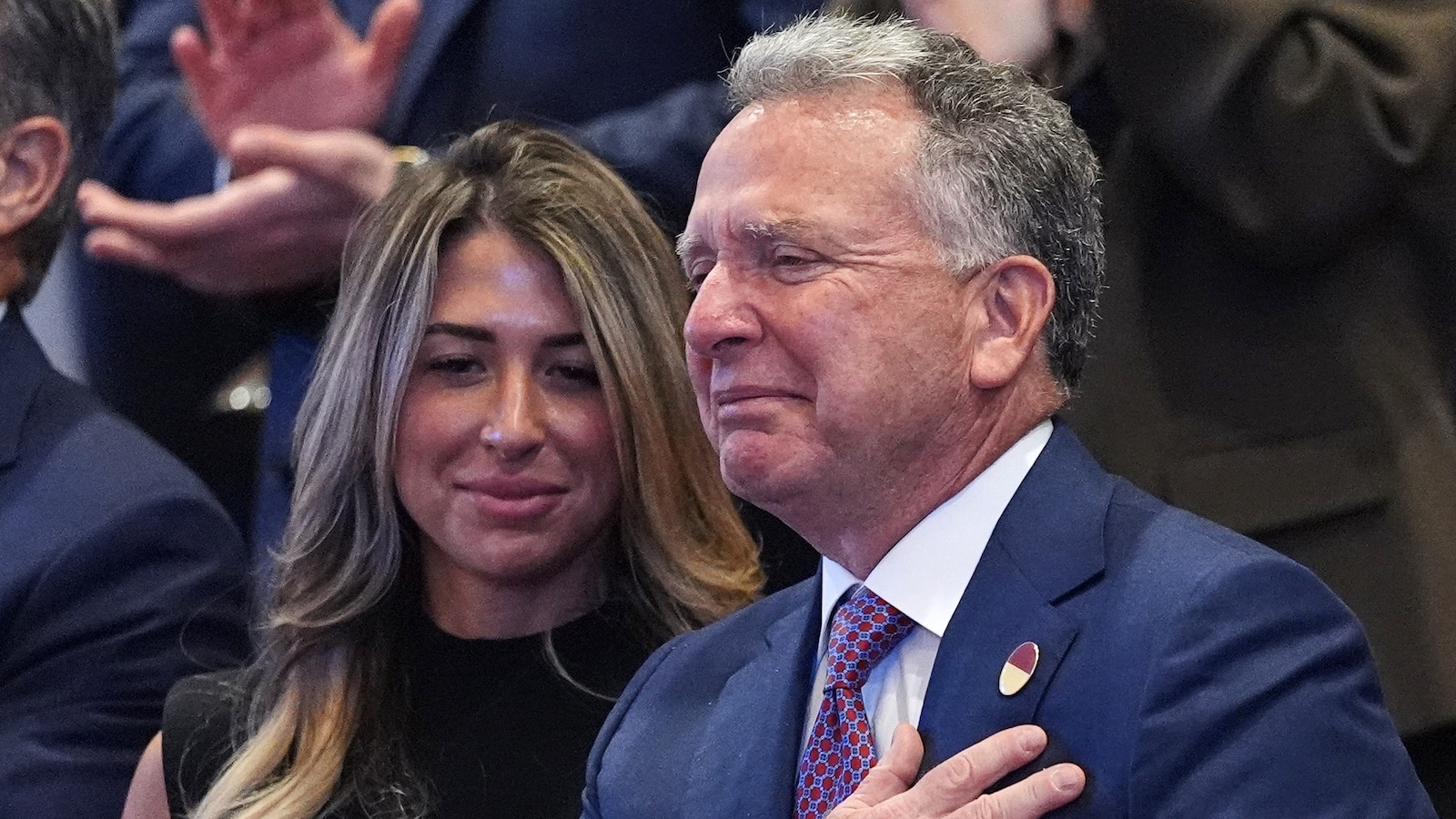Copyright Augusta Free Press

Health care tax credits for families in America are at the heart of a government shutdown, as Democrats continue to fight for an extension to prevent a “terrifying storm.” Republicans have insisted the matter isn’t urgent, arguing Congress can take up the issue at a later date. However, most health insurers set rates for the following year in November or December, giving legislators just a couple of weeks to hammer out a compromise on the issue. Without an extension, the tax credits will expire at the end of the year, and insurance will be out of reach for many families. In Virginia, it is projected that more than 40,000 people are at risk of losing their health care. Federally Qualified Health Centers, known as FQHCs, primarily serve low-income, underserved and uninsured populations with sliding-scale fees. In Virginia, there are more than 200 locations that provide medical, dental and behavioral health care, regardless of insurance or ability to pay, with many located in rural areas. This includes mobile health care units that currently travel to schools and senior centers to make healthcare more accessible for everyone. IF FQHCs are forced to close or reduce services due to a greater level of uncompensated care, it means many patients will no longer have access to preventive services and will likely land in hospital emergency rooms for treatment. Hospitals, already operating with razor-thin margins, will likely face more significant losses. These same hospitals will be forced to pass the costs on and that will impact everyone’s pocketbook, even if you have insurance. U.S. Sens. Mark Warner and Tim Kaine (both D-VA) continue to push Republicans to reopen the government and compromise on the issue of health care tax credits. New numbers from the state’s health care marketplace show that if the tax credits are not extended, premiums could increase as much $1,000 per month for Virginians. A young family of four with an income of $96,450 to $160,000 could see their monthly premiums increase by as much as $349 per month, bringing their new total monthly premium to $1,522.96 per month. A 60-year-old couple with an income of $63,450 to $105,750 could see their monthly premiums increase by as much as $1,076 per month, bringing their new total monthly premium to $2,023.16 per month. A 45-year-old person with an income of $31,300 to $62,600 could see their monthly premiums increase by as much as $155 per month, bringing their new total monthly premium to $372.20 per month. ‘Terrifying storm brewing’ for Virginians Kaine and Warner believe there is a “terrifying storm brewing for health care in the Commonwealth” if Republicans won’t compromise on the issue. “It is baffling that anyone could look at these numbers and decide that the best course of action is to continue sitting idly by, but that’s the choice that Republicans in Congress continue to make every single passing day during this government shutdown,” said the senators. “Democrats have put forth legislation that would not only reopen the government but also preserve the health care tax credits that make it possible for many Virginians to afford their health insurance.” A recent KFF poll found that health care for everyone isn’t a partisan issue – 78 percent of the public wants to see Congress extend the tax credits. Republicans, Independents and Democrats overwhelmingly support the move. Even most hard-core Republicans who identify as MAGA want to see Congress extend the subsidies. While the Trump administration placing the blame squarely on Democrats in Congress, the public isn’t buying it. Republicans control the White House and Congress, and recent polls show that the majority of the public blames Trump for the current shutdown. ICYMI Local airports not showing partisan TSA video amid government shutdown Notebook: Should Congress still get paid during a government shutdown? “This could be the start of a vicious cycle where tens of thousands of Virginians lose coverage, leaving community-based health care providers in dire financial straits and with no choice but to serve fewer people, eliminate important health services or shut operations entirely,” the senators said. “We can’t afford to turn our backs on the health centers that prevent folks from falling through the cracks, and we can’t afford the widespread consequences this will have on health care costs and our economy. “



